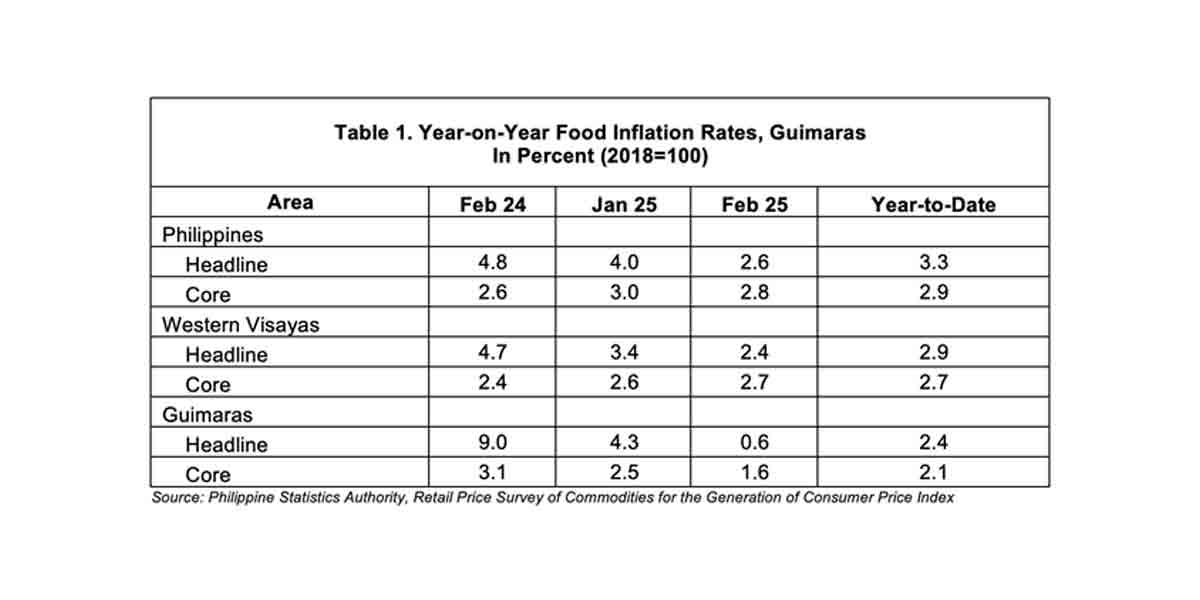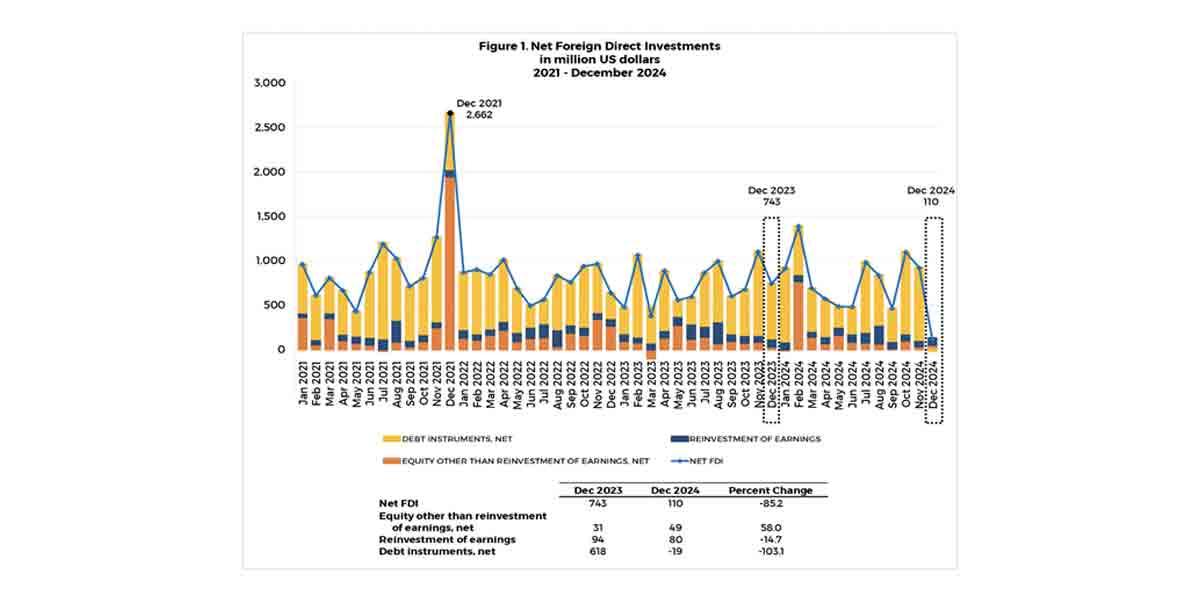By Herman M. Lagon
PERMIT me to share another masterpiece, “Schindler’s List,” a film that stands alongside my other top “movie of all time” pick, “Braveheart,” as a testament to the power of storytelling and the impact of cinema.
“Schindler’s List,” directed and produced by the legendary Steven Spielberg, is an epic historical drama released in 1993. Based on Thomas Keneally’s novel “Schindler’s Ark,” the film tells the true story of Oskar Schindler, portrayed brilliantly by Liam Neeson. Schindler’s transformation from a self-centered businessman to a compassionate savior of over a thousand Jewish lives during the Holocaust is at the heart of this masterpiece.
The film is a triumph in multiple aspects of filmmaking, from its meticulous script by Steven Zaillian to the mesmerizing cinematography by Janusz Kamiński. Spielberg’s decision to shoot in black and white creates an aura of timelessness, allowing the audience to immerse themselves in the stark contrast between good and evil.
John Williams’ haunting musical score, complemented by Itzhak Perlman’s evocative violin performance, elevates the emotional depth of the narrative. It is a score that lingers in your memory long after the credits roll.
Liam Neeson, Ralph Fiennes as the sadistic Amon Göth, and Ben Kingsley as Schindler’s Jewish accountant Itzhak Stern deliver performances that are nothing short of extraordinary. Their portrayals breathe life into these historical figures, making them relatable and human.
“Schindler’s List” is not just a film; it is a historical record. It reminds us of the atrocities committed during the Holocaust, ensuring that we never forget the horrors of that time. It serves as a witness to history, a role we should all embrace.
This cinematic masterpiece is filled with impactful and memorable quotes, each capturing the essence of the film’s powerful narrative. Oskar Schindler’s remorseful words, “I could have got more,” reflect his profound guilt for not saving more lives, demonstrating the transformative power of compassion.
Itzhak Stern’s assertion that “the list is life” emphasizes the life-saving significance of Schindler’s list, symbolizing hope in the face of despair. Helen Hirsch’s simple yet powerful “I pardon you” showcases the enduring power of forgiveness even amid cruelty. And the Talmudic saying, “Whoever saves one life, saves the world entire,” encapsulates the film’s central theme, highlighting the value of each life.
“Schindler’s List” explores profound themes that continue to resonate with audiences. It forces us to confront the brutal reality of the Holocaust, highlighting the heroism that can emerge in the darkest of times. The film underscores the resilience of the human spirit and the enduring impact of even the smallest acts of kindness. It reminds us of our moral responsibility as witnesses to acts of cruelty and injustice.
Ultimately, “Schindler’s List” is a powerful exploration of human morality, the capacity for redemption, and the enduring impact of even the most minor acts of kindness in the face of unimaginable cruelty. It challenges us to reflect on our choices and the profound significance of saving a single life.
No wonder that “Schindler’s List” received numerous prestigious awards and nominations, including Academy Awards for Best Picture, Best Director (Steven Spielberg), Best Adapted Screenplay (Steven Zaillian), and Best Original Score (John Williams). It also triumphed at the Golden Globe Awards and BAFTA Awards, and its Palme d’Or win at the Cannes Film Festival highlights its excellence in multiple aspects of filmmaking. The film stands as a timeless tribute to the Holocaust’s memory and has made a profound impact on the world of cinema.
As we contemplate the deep messages raised by “Schindler’s List,” we must remember that cinema can educate, inspire, and unite us. It serves as a poignant reminder of humanity’s darkest hours, while also illuminating a flicker of hope within the human spirit. It stands as a testament to the indelible influence of storytelling through film, leaving an enduring imprint on our hearts and minds.
“Schindler’s List” transcends mere cinema; it is a timeless masterpiece destined to educate, inspire, and deeply affect audiences for generations to come. It is a beacon of light in the darkest of times, reminding us of the importance of compassion, heroism, and the resilience of the human spirit. It is a film that ignites the spark of empathy, urging us to make the world a better place, one act of kindness at a time.
***
Doc H fondly describes himself as a ‘student of and for life’ who, like many others, aspires to a life-giving and why-driven world that is grounded in social justice and the pursuit of happiness. His views herewith do not necessarily reflect those of the institutions he is employed or connected with.

























